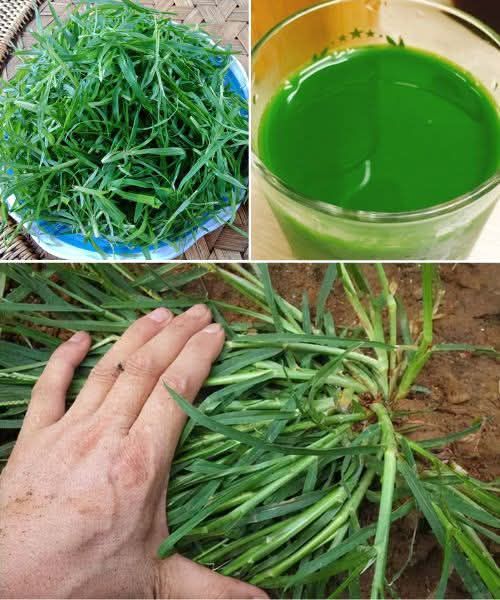ADVERTISEMENT
**A Medicinal Treasure Through the Ages: The Healing Power of Herbs**
Throughout human history, nature has provided the tools for healing and health. Among the most potent of these natural remedies are herbs. From the ancient civilizations of Egypt, Greece, and Rome to modern holistic health practices, herbs have served as the cornerstone of medicine. Whether they are used to alleviate pain, improve digestion, enhance mental clarity, or promote overall wellness, herbs remain a treasure trove of medicinal benefits. The use of herbs as natural medicine transcends cultures and generations, and today, we continue to embrace these age-old practices in the pursuit of good health.
This article delves into the medicinal treasure of herbs, exploring their historical significance, their healing properties, and how they are used in modern-day health practices. Whether you’re a seasoned herbalist or new to the world of plant-based healing, understanding the profound impact herbs can have on our well-being is essential for nurturing a holistic and balanced life.
—
### The Ancient Roots of Herbal Medicine
Herbal medicine is one of the oldest systems of healing, predating recorded history. For thousands of years, different civilizations have relied on plants for their therapeutic properties, and much of the knowledge passed down through generations still influences the way we use herbs today.
#### 1. **The Egyptians: Masters of Medicine and Herbs**
Ancient Egypt is perhaps the most renowned civilization for its extensive use of plants in medicine. The Egyptians were ahead of their time when it came to herbal knowledge, utilizing a range of plant-based remedies in their daily lives. The famous Ebers Papyrus, dating back to 1550 BCE, is one of the oldest surviving medical texts and contains more than 800 medicinal formulas, many of which involve herbs like garlic, cumin, and juniper.
For instance, garlic was highly regarded in ancient Egypt for its ability to enhance strength and stamina. It was also believed to ward off evil spirits. Juniper, another staple in Egyptian healing, was used to treat a variety of ailments, including digestive issues and infections. These early practices laid the groundwork for the medicinal use of herbs in the Western world.
#### 2. **Ancient Greece and Rome: Pioneering the Scientific Approach to Herbal Medicine**
The ancient Greeks and Romans advanced the use of medicinal plants by combining empirical observation with the early beginnings of scientific reasoning. The Greek physician Hippocrates, often referred to as the “Father of Medicine,” is one of the first to write about the therapeutic uses of plants. He believed that disease was caused by an imbalance of the four humors (blood, phlegm, yellow bile, and black bile), and herbs could help restore this balance. For instance, he recommended peppermint for digestive complaints and thyme for its antimicrobial properties.
Hippocrates’ teachings laid the foundation for herbal medicine in the Western world, and many of the plants he used continue to be integral to herbal healing today.
The Roman physician Dioscorides, whose work *De Materia Medica* became the primary reference on herbal medicine for centuries, also made significant contributions. Dioscorides documented over 600 plants, many of which had medicinal properties that were confirmed by modern research. His work was influential well into the Middle Ages, and many of the plants he described, like lavender, chamomile, and sage, are still widely used in herbal medicine.
—
### The Renaissance and the Rise of Herbal Knowledge
During the Renaissance, herbal medicine experienced a revival. After the fall of the Roman Empire, much of the knowledge of herbal healing was lost in Europe. However, scholars in the Islamic world preserved and expanded upon the teachings of ancient Greek and Roman physicians. Herbal remedies were especially prominent in the works of Avicenna (Ibn Sina), a Persian polymath whose medical encyclopedia, *The Canon of Medicine*, became a central text in both the East and West.
In Europe, the Renaissance marked a time when herbology was again embraced by physicians and herbalists. The printing press made it possible for herbalists to share their knowledge with a wider audience, leading to the publication of extensive herbals, such as those by Nicholas Culpeper, an English apothecary who wrote *The Complete Herbal* in the 17th century. Culpeper’s work not only described the medicinal properties of plants but also their astrological connections, showing how herbs could be used to restore balance within the body.
For Complete Cooking STEPS Please Head On Over To Next Page Or Open button (>) and don’t forget to SHARE with your Facebook friends
